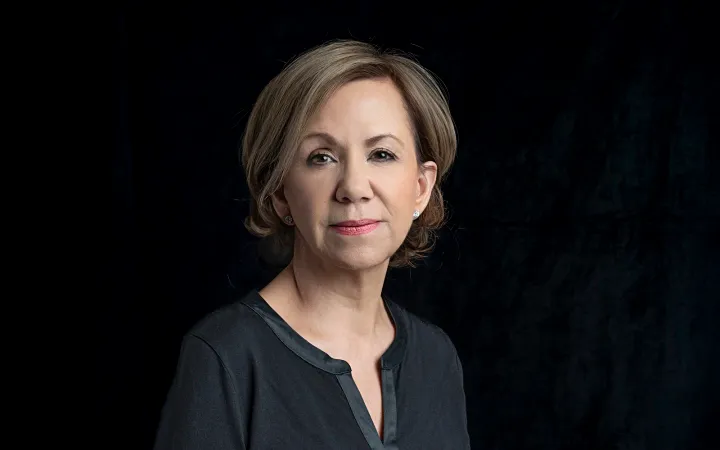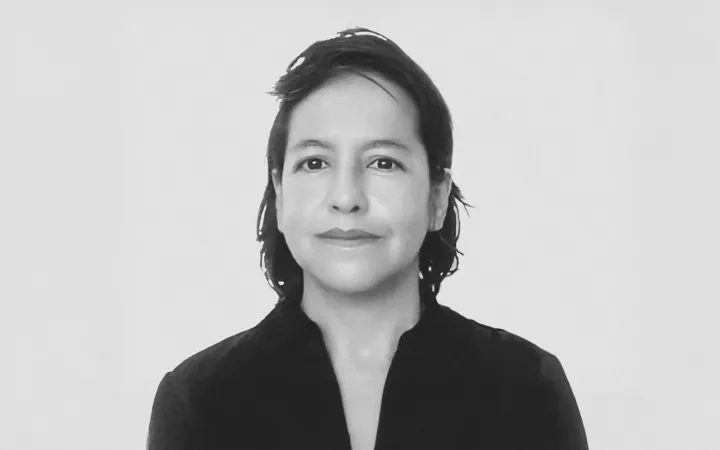
Por Bárbara Anderson
Conectividad universal en todas las escuelas públicas del país, 37 mil kilómetros de carreteras federales con servicio 4G, más de 8 mil ciudades medianas y pequeñas con cobertura 4G, 500 ciudades sin conectividad completamente cableadas con fibra óptica y cerca de 5570 ciudades con cobertura plena con tecnología 5G. De este tamaño es la apuesta que hizo Brasil para ponerse a la vanguardia en la conectividad en toda Latinoamérica.
Lo más interesante es que toda esta inversión en infraestructura -equivalente a 9,400 mdd- corre por cuenta de los operadores privados de telecomunicaciones: Claro (América Móvil), Telefónica de Brasil y TIM, además de otras nueve empresas locales.
¿Cómo se logra este auténtico plan de “Internet para todos” sin poner fondos gubernamentales? Con una fórmula muy innovadora que combina los objetivos gubernamentales con las necesidades de las empresas y los beneficios reales para la población.




